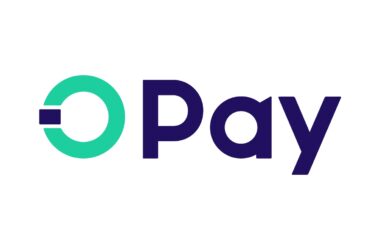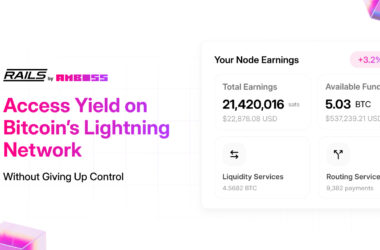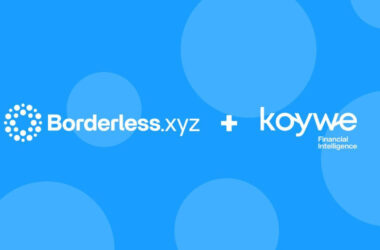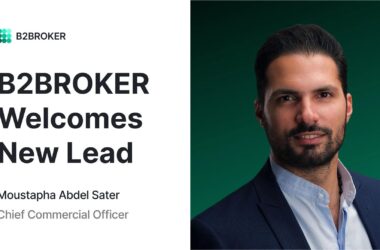Table of Contents
What’s Debt Consolidation?
Our societies are built upon debt, our lives are built upon debt which is why credit or debt management has become an essential life skill. If you know how to manage your finances and your debt then you can live a life that will to a great extent be anchored financially. Whereas if you do not know how to manage your finances or your debt then you are likely to face financial stress.
Debt is a great burden and the trouble is that almost every individual in our society is carrying this great burden. In fact, not just people but economies and institutions too are carrying this burden.
An average American has got multiple debts to pay off at any given time. Consider this as an example. John wants to go to university and his parents cannot afford the cost of sending John to university. John applies for a student loan to fund his university education and gets the loan.
The terms of the loan state that John will have to repay the loan once his degree is complete and he has a job. Which means that for the next 4 – 5 years he will not have to worry about paying off his student loan.
4 years later, John has graduated with a degree and now has a stable job. John is now required to pay off his student debt. A few months after getting a new job, John buys a car on lease and now in addition to his student debt he also has to pay the monthly payment for his car.
John moved out of his parents when he went to the University, he now lives with his partner in a co-shared apartment which is on rent. John decides that instead of paying the rent, they should buy a place of their own on the mortgage. John and his partner get a place of their own on a mortgage and so now in addition to the student debt and car lease payments, John also has to pay for the mortgage.
John here has got three medium to long term debts already on his debt profile. If any financial emergency were to strike, it would put John under further financial stress. In addition to this, if John is not careful with his financial management, he may also end up racking up his credit card debt.
John has so far managed his debt carefully but there are many people out there who are not so lucky or not so good at managing their debt. In addition to the debts mentioned above, people also get indebted to credit card debt, personal loans and payday loans.
Getting indebted is just one part of the problem, the real issues start once the debt burden becomes too great to carry and the debtors start to miss their payments. Debts such as mortgage and auto loan are collateralized debts, which means that these debts are secured against collateral.
The collateral for the mortgage is the property and the collateral for an auto loan is the car against which the loan is taken out. Once a debtor starts missing payments, the lenders will send notices to remind the debtor to pay the outstanding dues on time.
They may also slap on late payment penalties. If however, the debtors cannot pay back then the lenders have the right to go for foreclosure and initiate the legal process to take ownership of the collateral. Which means that nonpayment may result in losing ownership of the house, car or any other collateral.
This is where Debt Consolidation comes in.
What is Debt Consolidation?
Debt Consolidation is simply a way to pay off all of the different types of debt with a single new debt. Debt Consolidation is not any magical way to get out of debt, no. Debt Consolidation simply replaces multiple debts with a single new debt. It does not reduce your debt, it only prevents possible bankruptcy and makes the debt much easier to manage.
Suppose John encountered some financial troubles and his debt profile now includes a towering credit card debt and a personal loan as well. John also risks running late on loan repayments. It would therefore be best for John to consolidate his debt into a single loan which he can monitor and pay off better.
Who offers Debt Consolidation Service?
Debt Consolidation services are offered by small banks, credit unions and Debt Consolidation agencies. It is always better to ask your bank whether they can help you consolidate your bank. The bank may offer you a personal instalment loan to pay off other debts. If your local bank cannot help you out then you can seek other smaller banks and credit unions.
How does Debt Consolidation work?
Debt Consolidation is simply. Suppose a person owes a debt to the amount of $60,000. This figure includes auto loan, credit card debt, personal loans and several payday loans. Upon getting the $60,000 the previous debt should be paid off in full with the amount of the new loan.
Once the previous debt has been paid off, the indebted individual can now direct their focus to pay off the new loan that was used to consolidate the debt.
Benefits and Drawbacks
Debt Consolidation has its pros and cons, which anyone interested in going for consolidation should know beforehand.
- Depending on the creditworthiness, you may be able to get your consolidation loan at a lower rate as compared to the average rate on your existing debts. If however, your creditworthiness is not as good then your consolidation loan may come at a higher interest rate.
- Consolidation loans will hurt your credit score in the short term but in the long term, your score will improve. How? When you take out the loan, your credit score will be negatively marked for taking on yet another loan. However, as you pay off your previous loans, this will be a positive impact and overtime as you make timely payments to pay off the consolidation loan, your credit score will climb back up.
- Secured consolidation loans come with tax reliefs, so if you can get a secured loan to consolidate your debt, you will get the added benefit of tax relief on interest payments.
- You will have to pay more than you originally owe. This is one drawback of consolidation loans. Since the consolidation loan is likely to be a medium to a long term loan, the interest payments will make it more expensive in the long term but this is the cost of avoiding possible bankruptcy and damage to credit score.
- Debt Consolidation loans also carry administration, processing and all other costs associated with loans.
- Debt Consolidation may put you under a false sense of security where you may get careless with your financial management, thereby putting yourself into a greater mess than you were in before.
Financial Freedom?
Bear in mind that Debt Consolidation may help you get rid of your debt in the long run but your financial freedom will only be guaranteed if you consciously make changes to your financial habits. There are a lot of people who get into Debt Consolidation programs and once all of their debts are paid off, they get under debt once again because they cannot or do not want to change their financial habits.
Debt Consolidation is not the remedy for your financial troubles, the remedy to your financial troubles is proper financial discipline, which requires changes of habit and lifestyle.
















Recent Comments